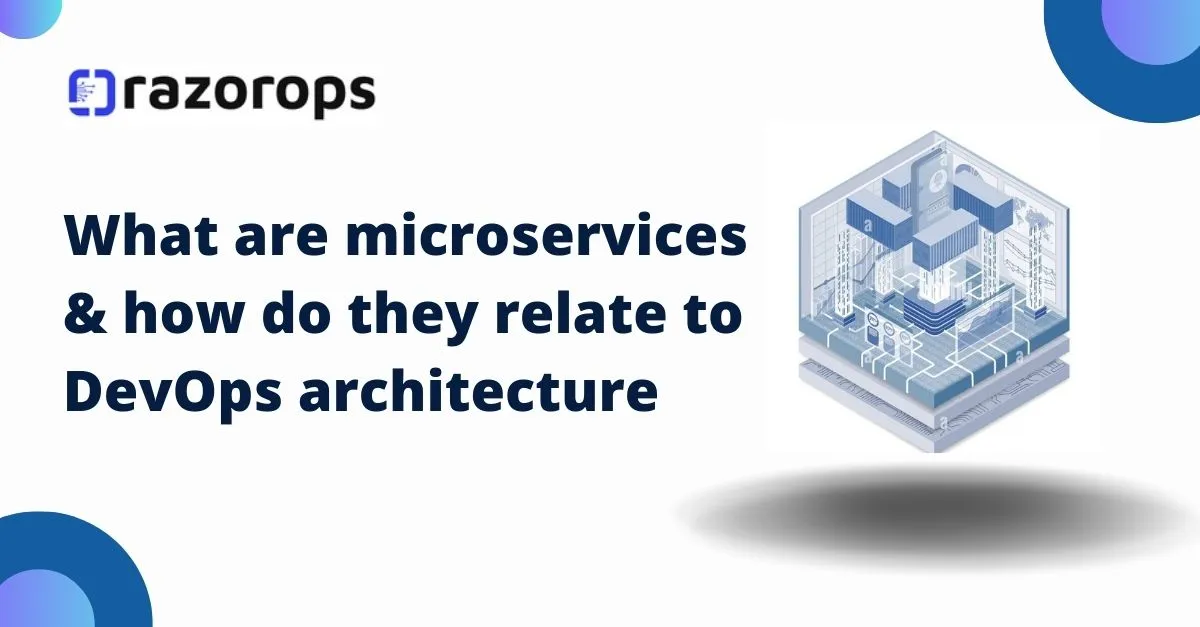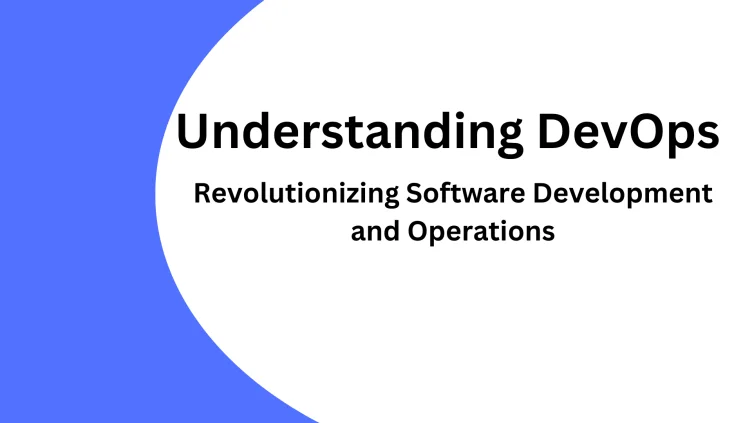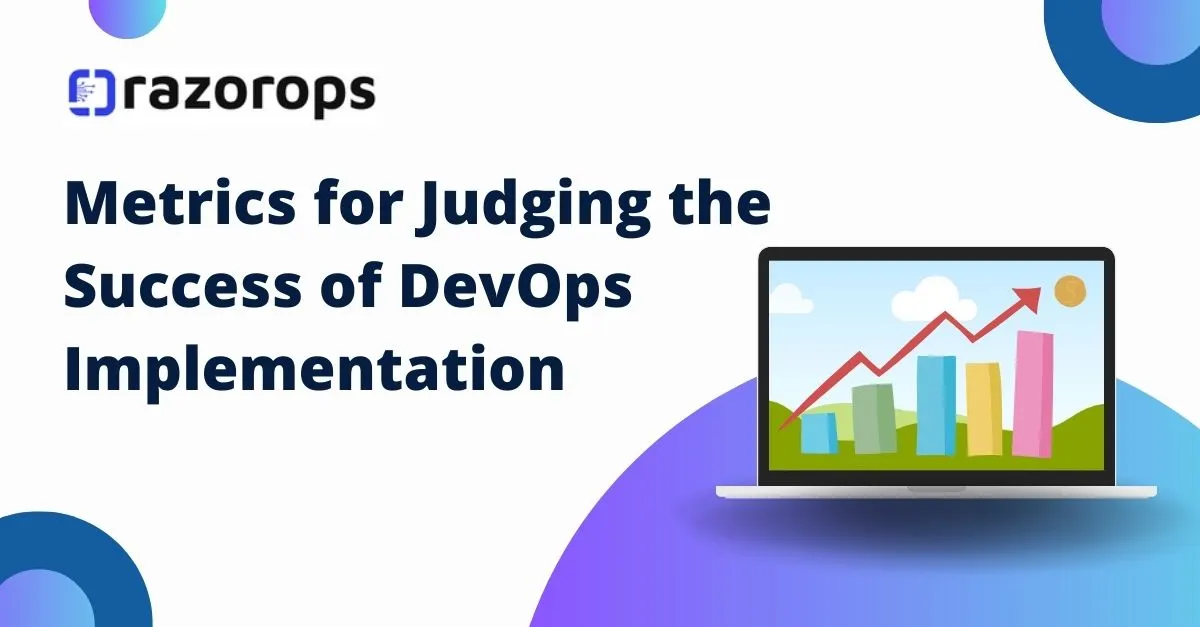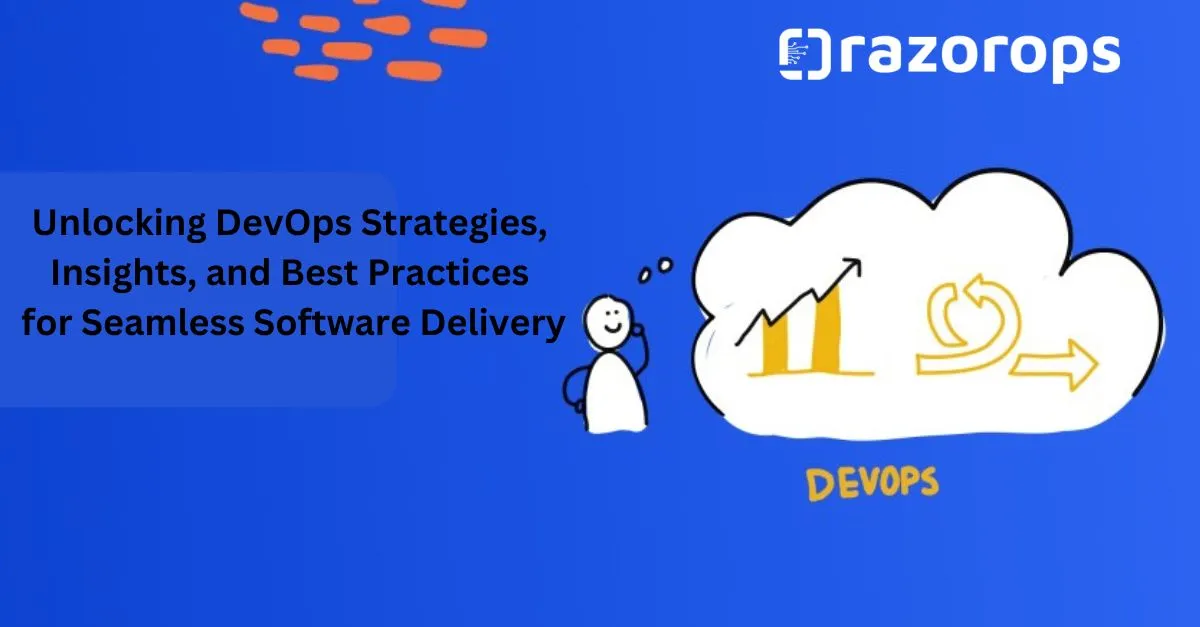What are microservices, and how do they relate to DevOps architecture

Microservices are an architectural style that structures an application as a collection of small, loosely coupled, and independently deployable services. Each service in a microservices architecture focuses on a specific business function and communicates with other services through well-defined APIs, typically over HTTP/REST or messaging queues.
Key Characteristics of Microservices
- Single Responsibility: Each microservice is designed to handle a specific task or business function.
- Independent Deployment: Microservices can be developed, deployed, and scaled independently of one another.
- Decentralized Data Management: Each service manages its own database, allowing for decentralized data storage and management.
- Polyglot Programming: Different microservices can be written in different programming languages, best suited for their specific tasks.
- Resilience and Fault Isolation: Failures in one service do not necessarily impact others, increasing the overall resilience of the application.
- Scalability: Services can be scaled independently based on demand.
Read More - https://razorops.com/blog/microservices-architecture
How Microservices Relate to DevOps Architecture
Microservices and DevOps are closely related and often complement each other. Here’s how they intersect:
-
Continuous Integration and Continuous Deployment (CI/CD)
- Automated Pipelines: DevOps practices emphasize automation in building, testing, and deploying software. Microservices architecture benefits from automated CI/CD pipelines, allowing each service to be independently and continuously integrated and deployed.
- Rapid Releases: Microservices enable faster and more frequent releases. DevOps practices ensure that these releases are automated, reliable, and quick.
-
Infrastructure as Code (IaC)
- Dynamic Infrastructure: DevOps practices like IaC (e.g., using tools like Terraform, Ansible) allow for the automated provisioning and management of infrastructure. Microservices often require dynamic and scalable infrastructure, which IaC can provide.
-
Monitoring and Logging
- Observability: Microservices architecture introduces complexity in terms of monitoring and logging due to the number of services involved. DevOps emphasizes the importance of observability, providing tools and practices for effective monitoring, logging, and alerting to ensure system health and performance.
-
Containerization and Orchestration
- Docker and Kubernetes: Containers (e.g., Docker) and container orchestration tools (e.g., Kubernetes) are often used in microservices architectures to package and manage services. DevOps practices facilitate the use of these tools to ensure consistent environments and efficient resource management.
-
Collaboration and Culture
- Cross-functional Teams: DevOps promotes a culture of collaboration between development and operations teams. Microservices, with their independent services, align well with this by allowing small, cross-functional teams to own and manage individual services.
-
Scalability and Flexibility
- On-demand Scaling: DevOps practices ensure that the infrastructure and services can scale on demand. Microservices, being independently scalable, benefit greatly from this approach, allowing each service to scale based on its specific needs.
Read More https://razorops.com/blog/what-are-devops-principles-and-its-benefits
Conclusion
Microservices architecture and DevOps practices are synergistic, enhancing the flexibility, scalability, and speed of software development and deployment. By leveraging the principles of both, organizations can achieve a more agile and resilient software development lifecycle.








